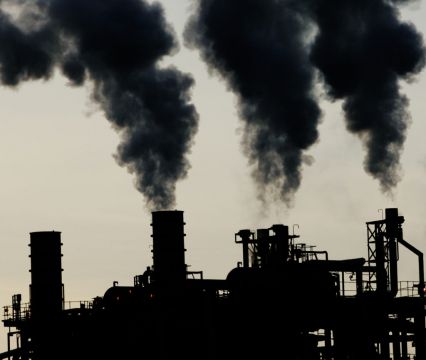The European Court of Human Rights is requiring a prompt response from 33 countries, including the UK, to an ambitious climate change case brought by six young Portuguese people, a move that activists said gave heart to their cause.
The court ordered the European countries to respond to the complaint and granted it priority status because of the “importance and urgency of the issues raised”.
The two young Portuguese adults and four children filed their claim last September at the Strasbourg-based court. They want the court to hold the countries accountable for their allegedly inadequate efforts to cut greenhouse gas emissions.
If successful, the 33 states would be legally bound, not only to ramp up emissions cuts, but also to tackle overseas contributions to climate change, incl. those of their multinational companies
Find out more about the 6 youth & their case by visiting: https://t.co/kdbhkfQqgE— Global Legal Action Network (GLAN) (@GLAN_LAW) November 30, 2020
Advertisement
The group is supported by the Global Legal Action Network, an international non-profit organisation that challenges human rights violations, and a team of five London lawyers.
The countries named in the complaint include the 27 member nations of the European Union plus the UK, Switzerland, Norway, Russia, Turkey and Ukraine.
The court’s decision to demand a swift response from the defendant countries is “highly significant”, said Global Legal Action Network director Gearoid O Cuinn, because “only a tiny minority of cases” merit such treatment.
Catarina, Cláudia, Martim & Mariana are from Leiria one of the regions worst-hit by the devastating forest fires which killed over 120 people in Portugal in 2017. Sofia & André are from Lisbon which saw a new temp record of 44⁰C in Aug 2018.
— Global Legal Action Network (GLAN) (@GLAN_LAW) November 30, 2020
Advertisement
The court will attempt to broker an amicable agreement in the case before it proceeds to litigation.
If the activists win their case, the countries would be legally bound to cut emissions in line with the requirements of the 2015 Paris climate accord.
They would also have to address their role in overseas emissions, including by their multinational companies.







